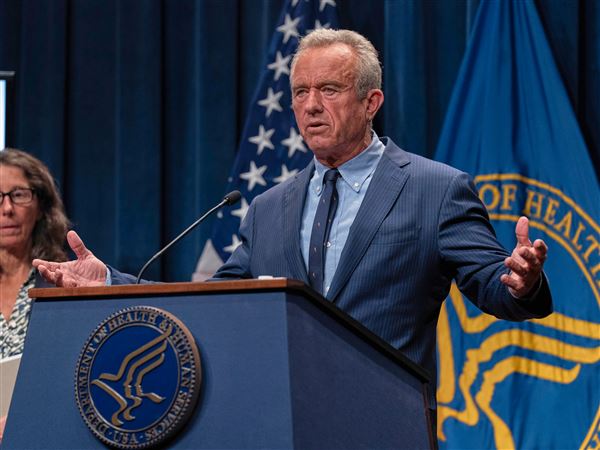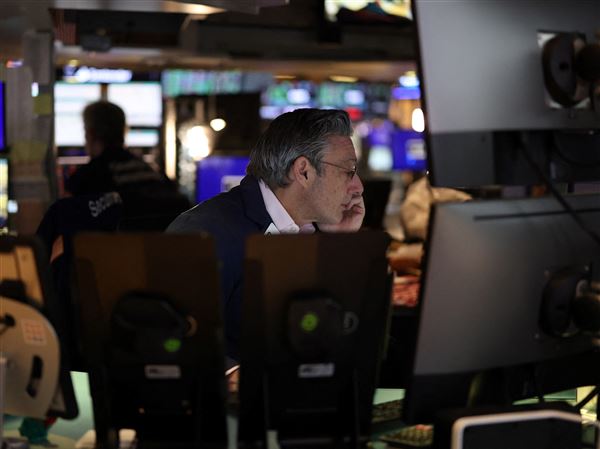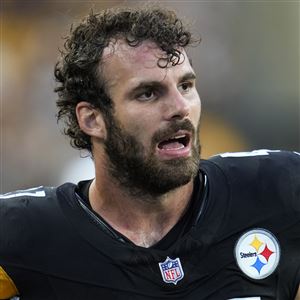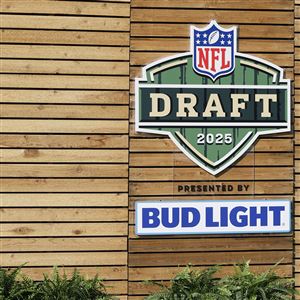“JESUS AND JOHN WAYNE: HOW WHITE EVANGELICALS CORRUPTED A FAITH AND FRACTURED A NATION”
By Kristin Kobes Du Mez
Liveright ($28.95)
When Donald Trump defied the pundits and the polls to win the presidency in 2016, perhaps no other statistic stood out more than the 81 percent of evangelical Christians who made up his most unwavering support. It is easy to say that those on the Left naively underestimated the complete revilement for Hillary Clinton held by voters on the Right and many in between. What became harder to comprehend was the realization that most of Mr. Trump’s evangelical supporters did not see him as merely the lesser of two evils; their enthusiastic support was closer in fervor to that of a teenage girl at a Beatles concert in the early 1960s.
How this love fest developed for a man devoid of character or honor, a pathological liar who has violated every oath and contract he has made, a misogynist and accused sexual abuser whose narcissism and belligerence prop up his buffoonery and brash insistence on the value of wealth and power, is the subject of Kristin Kobes Du Mez’s new book “Jesus and John Wayne: How White Evangelicals Corrupted a Faith and Fractured a Nation.”
While much has been reported and written about the disenfranchisement of working-class America and white “fly-over country,” Ms. Du Mez digs deeper into the evolution (no pun intended) of the white, masculine, American-branded faith that most of the rest of the country is still trying to figure out. Ms. Du Mez is a product of the world she researches. She was raised in the evangelical culture and attended the small Iowa Christian college where Donald Trump stood on stage and bragged that he could shoot someone on Fifth Avenue and still not lose voters. Her inside familiarity with the White Christian world allows her to expertly dissect how a group that only made up 10 percent of all U.S. Christians in the early 1950s soon exploded into an influential and lockstep coalition of consumers, constituents, and, ultimately, voters.
She maintains that Donald Trump was only the frosting on top of a cake that had been baking for decades. Evangelicals’ romance with Trump began, as most relationships do, with flirtation, when legendary evangelist Billy Graham first sidled up to the likes of the actor John Wayne during his Cold War-era Los Angeles crusades. As the 1950S marched on, many Christians began to conflate faith with patriotism in the face their existential fear of godless Soviet communism. No Christian convert, John Wayne was still a foul-talking, military-dodging, hard-drinking divorcee (sound familiar?) who was willing to be propped up by faith leaders like Graham as a shining example of American righteousness and masculinity. His no-nonsense brand of American machismo was a good match for the Christian values of male-led households and a woman’s subservient place in marriage.
During the 1960s, Evangelicals continued to use fear as a cudgel against encroachments like the women’s movement, the anti-war/counterculture movement, and the perceived threat that the expanding civil rights movement posed to white women and children. They doubled down on the Vietnam War, on Richard Nixon, and on white supremacy, while parachurch movements like Young Life, Campus Crusade for Christ, and Fellowship of Christian Athletes made evangelical converts on high school and college campuses.
Ms. Du Mez is at her best while describing how a faith movement soon became a uniquely American consumer culture with the development of Christian music, television, publishing, and movies. From the 1970s through to the 90s, Amy Grant, James Dobson, Benny Hinn, Joyce Meyer, Kirk Cameron, and Veggie Tales had as much influence over the flock as local pastors did. Political power continued to consolidate through media, national conferences, and direct political activities like the National Prayer Breakfast and the Christian Coalition.
After 9/11, Evangelicals reupped their hyper-masculine credentials by backing Evangelical President George W. Bush, once again stoking fear, this time of Muslim extremists, and the need for strong, heroic men to defend the country, at home and abroad. As Ms. Du Mez puts it, “It is not difficult to imagine how evangelicals, steeped in literature claiming that men were created in the image of a warrior God, might be receptive to sentiments like those expressed by the late Jerry Falwell, in his 2004 sermon ‘God is Pro-War.’ In fact, surveys demonstrate that traditionalist evangelicals are more likely than other Americans to approve of U.S. engagement in a preemptive war, support military action against terrorism, and condone the use of torture.”
After being force-fed eight years of what they viewed as a Black elitist Democrat, Evangelical voters finally recognized their modern-day John Wayne when Donald Trump rode down that brass escalator. Beyond the promises of judges and tax breaks, Evangelicals had their manly protector and bully benefactor. As Robert Jeffress, pastor of First Baptist Church in Dallas, Texas, said about the candidate, “I want the meanest, toughest, son-of-a-you-know-what I can find in that role, and I think that’s where many evangelicals are.”
Ms. Du Mez’s book is a much needed and painstakingly accurate chronicle of exactly “where many evangelicals are,” and the long road that got them there.
Tom Cox is a writer living in Penn Hills, PA.
First Published: July 26, 2020, 12:00 p.m.















